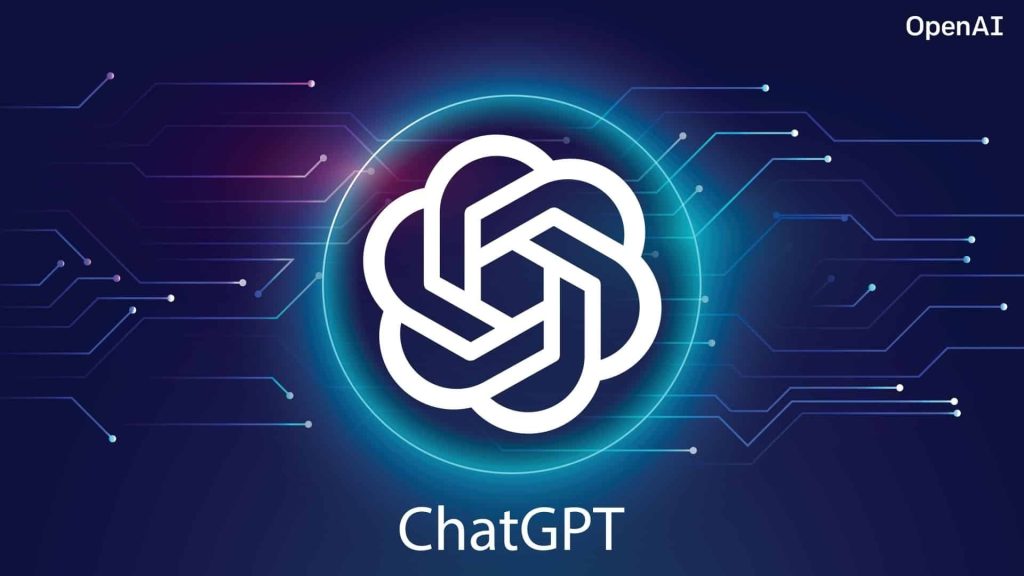OpenAI Restricts ChatGPT from Giving Medical, Legal, and Financial Advice
OpenAI has updated its policy to ban ChatGPT from giving medical, legal, or financial advice.
The company said the change aims to enhance user safety and limit misuse of the AI tool.
OpenAI has revised its usage policy to prevent ChatGPT from offering medical, legal, or financial advice, marking a major shift in how the artificial intelligence system can be used.

According to the company’s updated Usage Policies, which took effect on October 29, users are no longer allowed to rely on ChatGPT for consultations that require professional certification, such as legal or medical advice. The rules also prohibit activities like facial or personal recognition without consent, making key decisions in finance, education, or employment without human oversight, and engaging in academic misconduct.
OpenAI explained that the decision was made to improve user safety and reduce the risk of harm caused by using the system for tasks beyond its design. Reports indicate that ChatGPT will now function strictly as an educational tool, offering general information rather than professional guidance.
Instead of giving specific advice, the chatbot will only explain concepts, outline general processes, and recommend speaking with a qualified doctor, lawyer, or financial expert.
The move is widely seen as a response to growing regulatory pressure and concerns over potential lawsuits. It also addresses fears about the risks of relying on AI for sensitive or high-stakes decisions.



